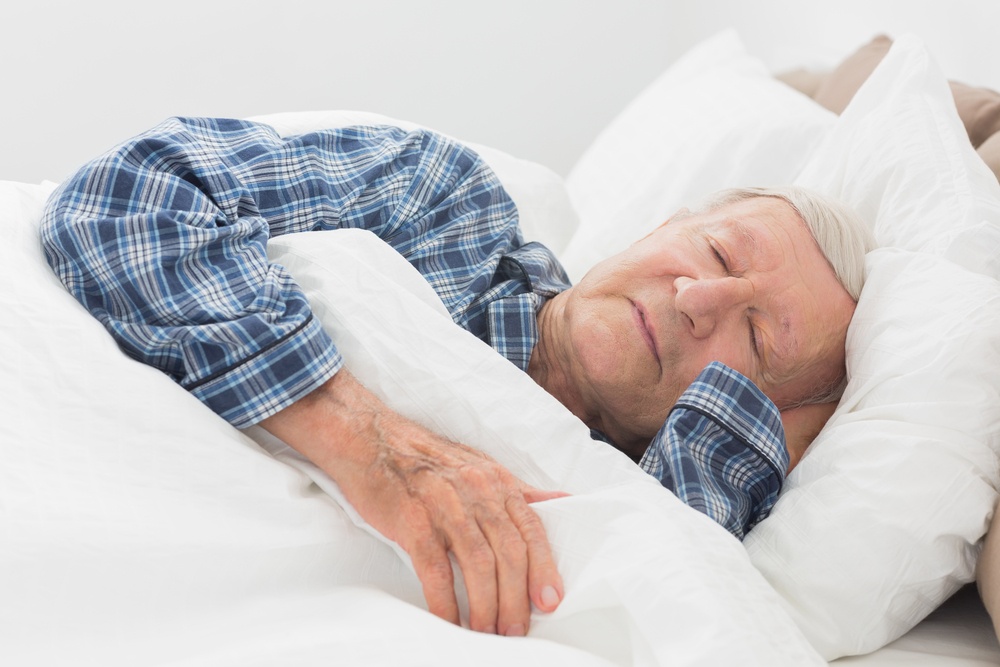When your parent has a stroke, it can be a huge shock, not just for them but for you too, and suddenly, there are many things that need to be addressed. Once they have received the immediate care they need in the hospital and have spent some time in rehabilitation, you will have to start thinking about what is going to happen next - both in the short and long term.

Once the talk of discharge from rehab begins, the reality of living with the effects of Dad's stroke will start to sink in. There are ways in which you can be more prepared for his return home, the changes it is going to mean for you both, and the best ways to make a safe transition.
The first thing you can do is learn as much about your dad's condition as you can. If possible, attend some of the rehab medical team meetings to see what level of physical and cognitive change has occurred and what exercises your dad will be expected to continue once he returns from the hospital.
The rehab team should coordinate a discharge plan for you and your dad to review. Now that Dad is living with decreased mobility, the most pressing concern is likely to focus on where he is going to live.
While your dad's living space needs to continue to support his rehabilitation and may thus require some modifications, for most people post-stroke, returning home is both possible and preferable - depending on the level of care needed - because it enables them to maintain a certain level of independence.
Before he is released from rehab, seek advice from the rehab team to assess what could be done to make your dad’s home safe, as well as what equipment might be necessary - from grab bars in the bathroom or a hospital bed in the bedroom, to wheelchair accessible doorways and ramps.
Home Care Benefits for a Parent Who has Suffered a Stroke
Be sure to speak with the rehab team to ensure you understand what level of care Dad will need when he returns home. For example, will you, or someone in the family, have the time, patience, and skills to help with bathing, toileting, dressing, meal preparation, and medication reminders, or will you need to employ the assistance of a Certified Nursing Assistant (CNA) or Home Health Aide (HHA).
It may be helpful to have Home Care assistance if you learn that when your dad returns home, he will face the following challenges:
- difficulty bathing and dressing himself
- cooking daily meals and feeding himself
- managing his medication
- difficulty making trips to the grocery store and doctor appointments
- keeping his living areas clean and clutter-free
- managing his finances and paperwork
- frustration in communicating to ensure his needs are being met
You should talk to the rehab team about the options available to you when it comes to getting care assistance for your dad. They should be able to provide you with information on a reliable home health care company to support Dad’s new daily challenges.
Once you know what the requirements are, you can make a decision about who is going to be your dad's primary caregiver, what level of care you will be able to give, and what tasks and daily care you might need help with. Be as specific as you can, but remember that you are both going to be learning when your dad gets home. Many of the long-term implications to daily life will be clear straight away, some might only arise over time, so it's important not to get upset or distressed if your plans need tweaking and changing along the way.
Your dad's new life is going to be a big adjustment for you both, but with careful planning, good education, and appropriate support, you will both be able to cope when he does leave rehab and returns home.
If you need assistance finding the right caregiver for your dad after his stroke, please call our experienced and compassionate team.


 Tweet
Tweet
 Share
Share



